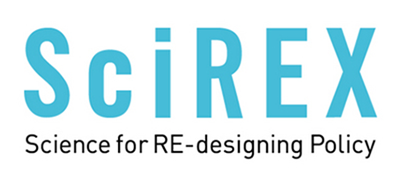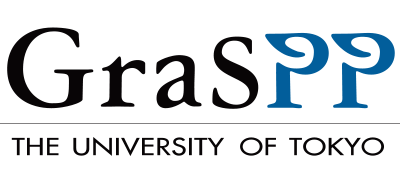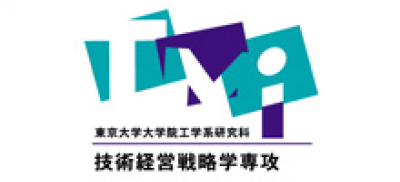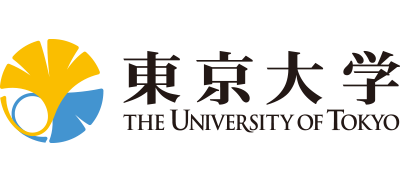A Diverse Perspective Extends the Parameters of Knowledge
Science and technology’s interaction with society has major effects that extend into our lives and the way we think about things. In fields such as big data, artificial intelligence (AI), and bioscience, for example, technological innovation is expected to advance at an accelerating rate in terms of both digital data and physical elements. Such technological innovation is forecast to bring tremendous benefits to society, while at the same time giving rise to potential risks and uncertainties. We can also expect to be confronted with fundamental questions regarding how human beings or living organisms are defined. For many societal issues, however, no single, correct solution exists.
Accordingly, when determining policies related to science, technology, and innovation, the evidence on which decisions are based must be clearly set out. This is necessary both to enable consideration of a diverse range of options, and to assure accountability in terms of policies. With regard to the so-called ELSI (Ethical, Legal, and Social Issues) produced by science and technology, for instance, it is necessary to fully understand science and technology’s impacts in terms of precisely who is affected by the benefits and risks, what trade-offs exist, and whether there are any risks that remain invisible. And when evidence-based decisions are made about priorities, various evaluation metrics are possible (e.g., equity of distribution, ethics and values, or equity among generations). Decision-making needs to be undertaken not in a self-righteous and short-sighted way, but by ensuring diversity as a means of making well-balanced decisions from a broad perspective.
To achieve this, it is crucial to make the effort to acquire a diverse perspective yourself, and also to build networks with people in other fields to supplement your own perspective. Even after leaving education and starting work, one needs to be able to engage in debate and achieve mutual understanding with people working in a diverse range of academic disciplines and occupations, not only in Japan, but overseas as well. I myself learned the importance of diversity when I took part in a joint presentation involving a group of students from different backgrounds in a class during my master’s course. While debating the same topic, the students offered a great variety of differing evidence, historical background, related data, and theories. And, what is more, the ways in which they presented their perspectives were also extremely varied, including narrative arguments, explanations using mathematical formulas, and use of diagrams depicting how issues were structured. Consequently, new ideas on the topic were generated, we came to understand the issues more deeply, and the presentation ended up being more persuasive than any of us could have made it on our own. As a result, I realized the importance of interaction between social science and natural science. As the STIG program offers a valuable platform for students studying in a diverse range of disciplines to debate together, I want students to make the most of this opportunity. I will join you in thinking about how science, technology, and innovation relate to society, and about associated policymaking, referring to materials including past policy examples.



